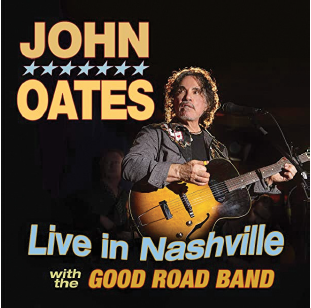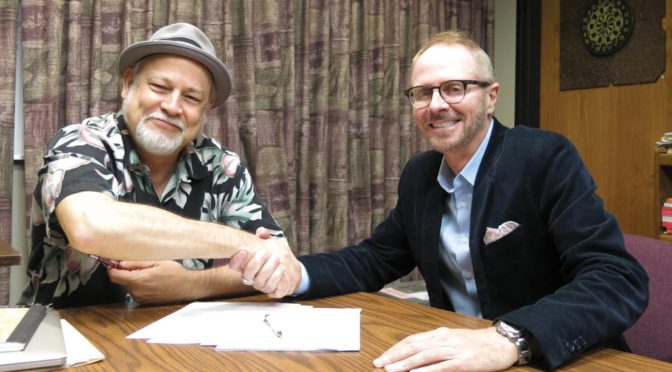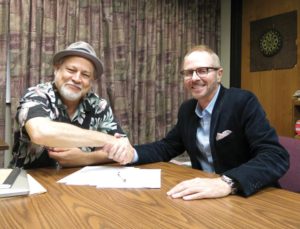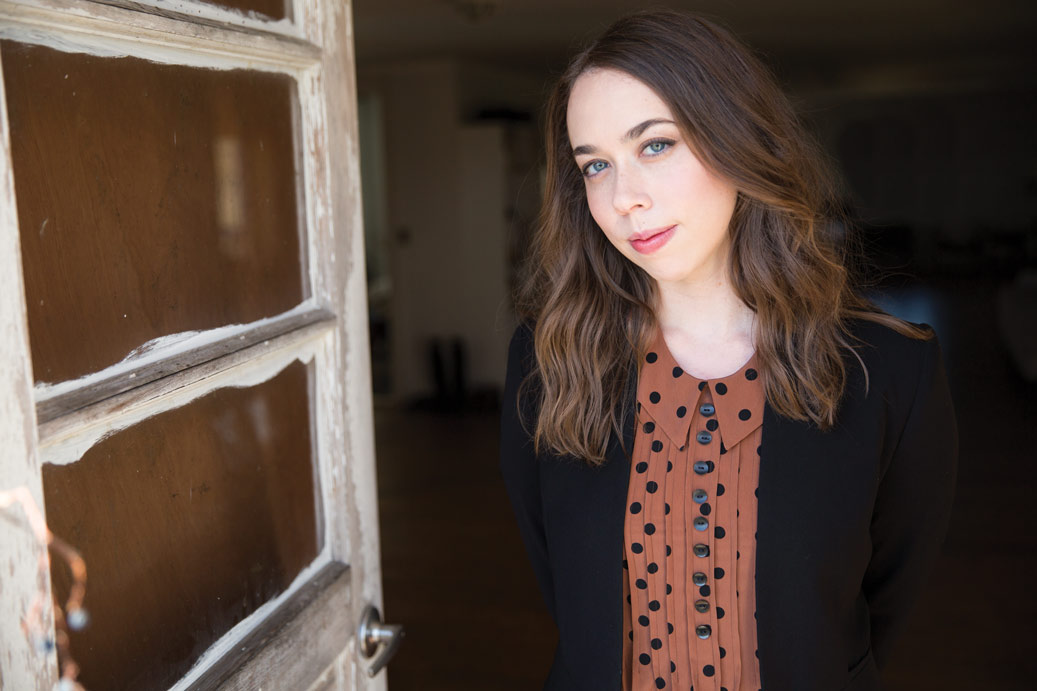After three months of negotiations, musicians of the Nashville Symphony, who have been furloughed since July, accepted an interim stipend agreement beginning January 3, 2021 and lasting through July 31, 2021.
Musicians will receive a $500 weekly stipend and will commit to performing community concerts and participating in other projects. Health care coverage will be provided for the duration of the agreement.
“The July 1 announcement of the extended furlough of all Nashville Symphony musicians created an untenable situation for many of these world class players,” says Dave Pomeroy, president of Local 257 (Nashville, TN). “Like so many unemployed Americans, they were faced with heartbreaking decisions in order to survive—some of which involved not being able to stay in Nashville at all. It is fortunate that we were finally able to reach an agreement with the Nashville Symphony to give some assistance to these world-class musicians, and help them get through this unprecedented time.”
“Orchestras and ensembles around the country have been finding creative ways to sustain their artistic mission, and we’re happy to see the Nashville Symphony reemerging to do the same,” says Melinda Whitley of Local 257, who serves as orchestra committee chair and as a member of the negotiating committee. “The musicians are glad that the end of the furlough is in sight, and we look forward to working together again with the Nashville Symphony to provide music for our beloved audiences and communities in middle Tennessee.” Negotiations for a longer-term contract will continue, with the goal of reaching an agreement by the 2021-22 season.




















